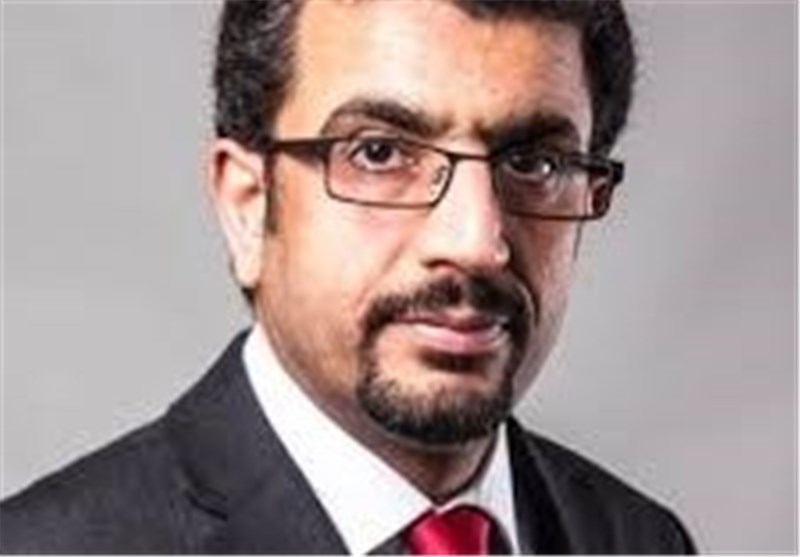
RNA – Abbas Bousafwan commented on the latest attempts by the Manama regime to silence the voices of dissent, including banning Friday prayers in Imam al-Sadiq Mosque, the largest mosque in Diraz, over the past two months.
“It’s unfortunate that instead of speaking about freedom of expression, elections or other civil liberties in Bahrain, we should talk about (the people’s) right to hold Friday Prayers,” he regretted.
“Undoubtedly, the Al Khalifah regime’s move to ban Friday prayers indicates the depth of the regime’s desperation in the face of the people,” the activist added.
He went on to say that the move will strengthen the resolve of the people and Shaykh Isa Qasim, the spiritual leader of the Bahraini Shi’as, to continue their sit-in protests.
Bahrain’s security forces have prevented worshipers from reaching the Imam al-Sadiq Mosque for two months. They have also arrested a number of citizens trying to reach the mosque, according to the Bahrain Mirror news website.
The move is part of the regime’s crackdown on the Shi’a people and clergy that has intensified in the past few months.
Manama announced on June 20 that the citizenship of Shaykh Qasim has been revoked, accusing him of sowing sectarian divisions.
The regime later said it would put the senior cleric on trial on charges of “illegal fund collections, money laundering and helping terrorism.”
Shaykh Qasim’s planned trials were adjourned after the prominent cleric did not appear in court.
Bahrain, a close ally of the US in the Persian Gulf region, has been witnessing almost daily protests against the ruling Al Khalifah dynasty since early 2011, with Manama using heavy-handed measures in an attempt to crush the demonstrations.
Scores of Bahrainis have been killed and hundreds of others injured and arrested in the ongoing crackdown on the peaceful demonstrations.
Amnesty International and many other international rights organizations have frequently censured the Bahraini regime for the rampant human rights abuses against opposition groups and anti-regime protesters.
R111/112/C